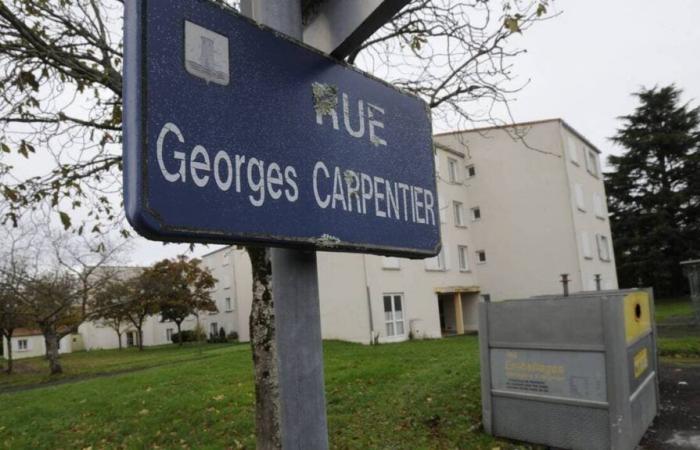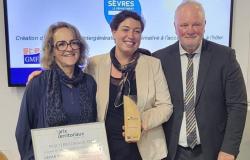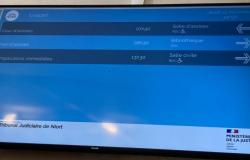The Niort public prosecutor's office (Deux-Sèvres) indicates, this Thursday, November 21, 2024, that the man whose lifeless body was discovered in an apartment at Tour-Chabot, died of a natural death.
close
-
The lifeless body of a man was discovered in his home located at 2, rue Georges-Carpentier. | CO – CHRISTOPHE BERNARD
The police investigation is progressing in the case of the macabre discovery which occurred on Monday November 18 in the Tour-Chabot district of Niort. An autopsy was carried out this Thursday, November 21, on the body of a man found dead in the apartment of a small building located at 2, rue Georges-Carpentier. Remember that a police investigation for murder had been opened in this case.
The cause of death is not linked to the intervention of a third party. It is therefore not a murder, but a natural death, undoubtedly due to the person's failing state of health.
indicates Nicolas Leclainche, vice-prosecutor of the Republic of Niort.
The magistrate confirms that it is indeed the tenant of the apartment, a man aged around forty.







